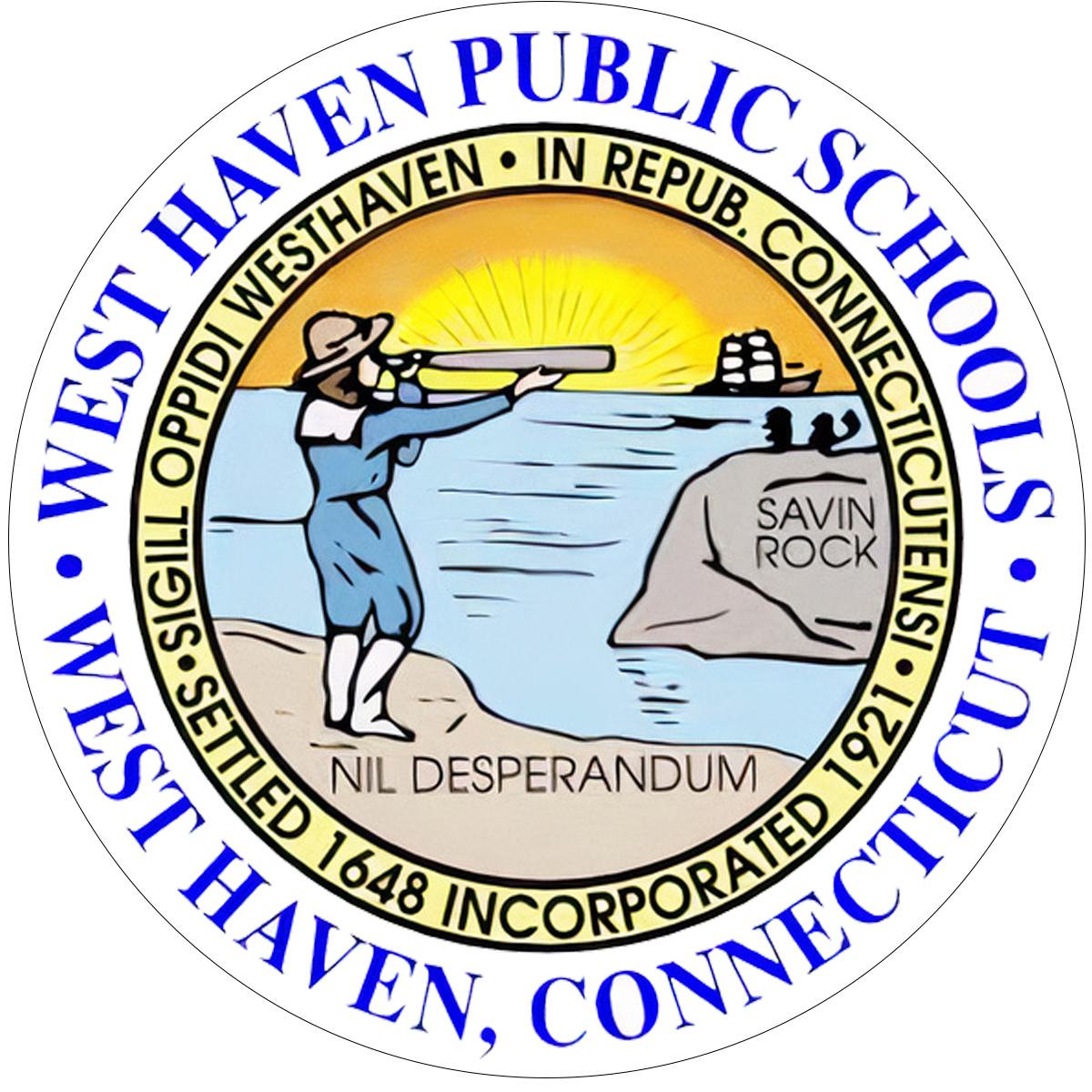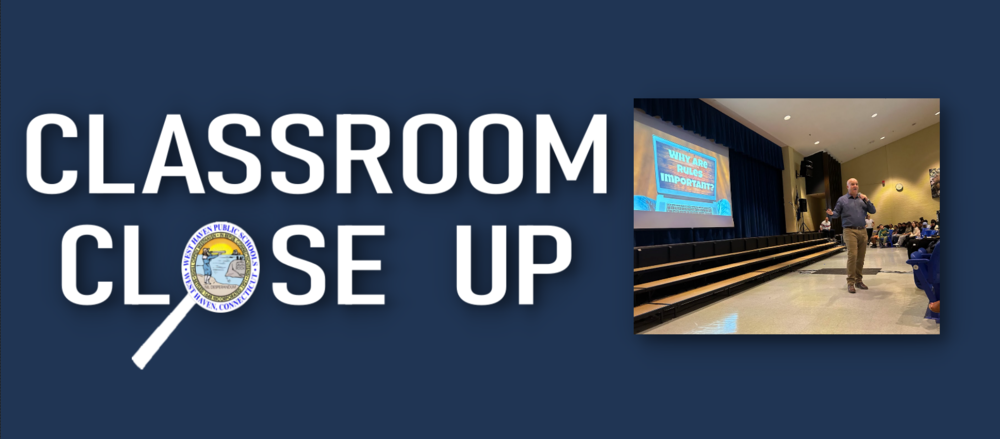 This week, students at Bailey Middle School and Carrigan Intermediate had the chance to hear from Scott Driscoll, a retired police officer who served as a youth officer and computer investigator, and later as a member of the FBI Innocent Images Task Force in New Haven, Connecticut. Traveling the country to speak with schools, Driscoll shared important lessons about staying safe online and navigating social media responsibly. His talks combined real-life experience with practical advice, helping students understand the risks and impacts of their online behavior.
This week, students at Bailey Middle School and Carrigan Intermediate had the chance to hear from Scott Driscoll, a retired police officer who served as a youth officer and computer investigator, and later as a member of the FBI Innocent Images Task Force in New Haven, Connecticut. Traveling the country to speak with schools, Driscoll shared important lessons about staying safe online and navigating social media responsibly. His talks combined real-life experience with practical advice, helping students understand the risks and impacts of their online behavior.
Driscoll spoke to 5th and 6th graders at Carrigan and 7th and 8th graders at Bailey, tailoring his message to each group. Speaking to the Bailey students, he said, “Many of you are looking to make a high school team next year—do not post anything you will regret.” He explained that the question he’s asked most often comes from athletes: “How do I remove a picture from the internet? I’m looking to make a team next year or I’m on scholarship and I don’t want my coach to see it.” Using this example, he helped students understand that online choices can influence all areas of life, not just sports. Driscoll then explained to the students why it’s so important to think before sharing their lives on social media: “Because once it’s out there, it’s hard to get off.” He reminded students that even small posts or images can have lasting effects and encouraged them to pause before posting anything online.
Throughout his presentations, Driscoll discussed the benefits and risks of social media, emphasizing the importance of careful decision-making. He explained that posts generally fall into three categories: appropriate, inappropriate, or illegal. Understanding which category a post belongs to helps students make smarter choices about what they share online. He also urged students to delete and report any harmful messages to a trusted adult. He offered practical advice for reducing their online presence. “Social media apps these days don’t even notify you, because everything is hidden in small print,” he said. “Without even knowing, you can be agreeing to share your location. That’s why I urge you to turn off your location—strangers do not need access to it.” He highlighted how small adjustments to privacy settings can significantly improve online safety.
Driscoll introduced the concept of a “digital tattoo,” more commonly known as a digital footprint. “I call it a tattoo because, like a tattoo, once it’s online, it’s almost permanent,” he explained. He believes that social media platforms should be restricted to users 25 and older, noting that younger users often lack the experience to fully understand the long-term consequences of posting personal information, photos, and updates online. He stressed that this guidance applies to everyone—not just athletes. “Students applying to college might be evaluated for scholarships based on what’s online about you. And later, when you go for job interviews, employers will look at your online presence too. Your posts, pictures, and social media activity can affect opportunities years down the road. Every choice you make online matters—now and in the future.” He encouraged students to consider their online activity as part of their personal reputation, which can follow them for years and influence educational, career, and personal opportunities.
Driscoll closed each session with a challenge: support one another, find at least one adult you can turn to, and make thoughtful choices online. “If I can impact just one person in this room to make a better choice, I’ve done my job,” he said. He left students with the reminder that even small steps—like pausing before posting, adjusting privacy settings, or checking in with a trusted adult—can have a big impact on their digital safety.
Carrigan Intermediate and Bailey Middle School would like to thank Scott Driscoll for his time and presentations, as they were both valuable and highly educational for all students in attendance.

